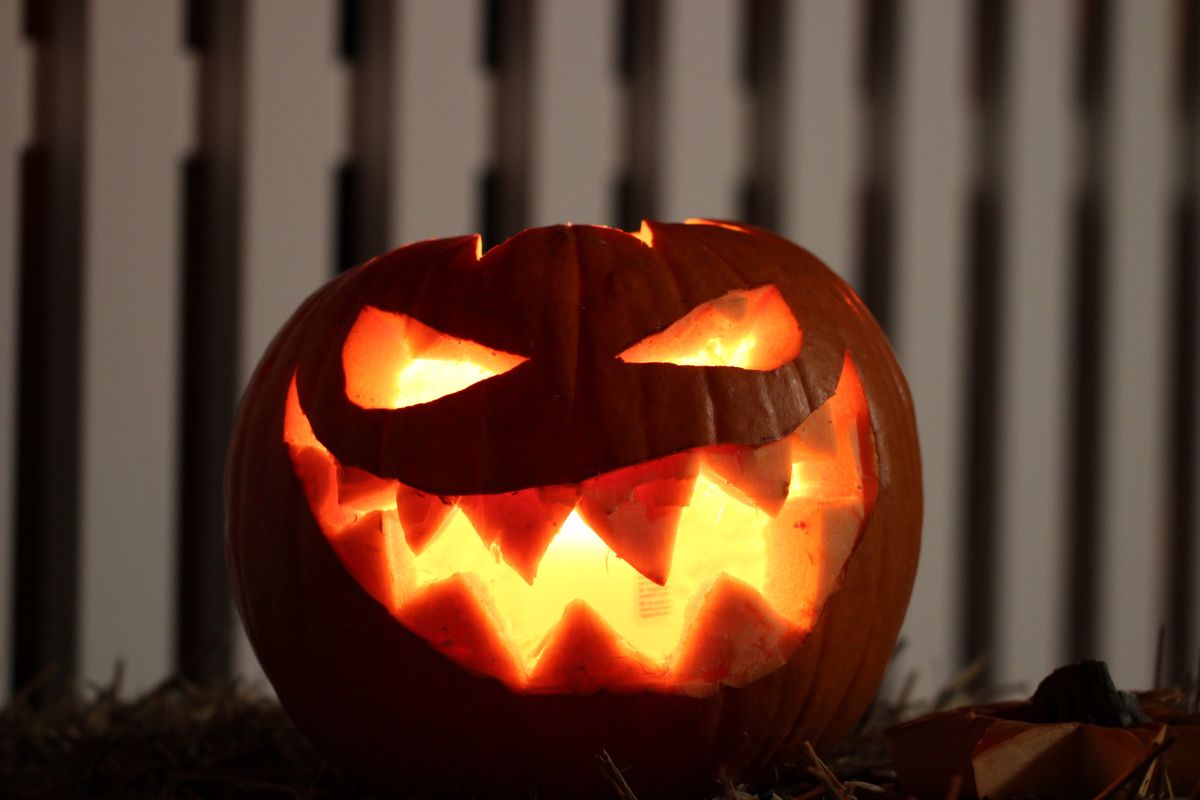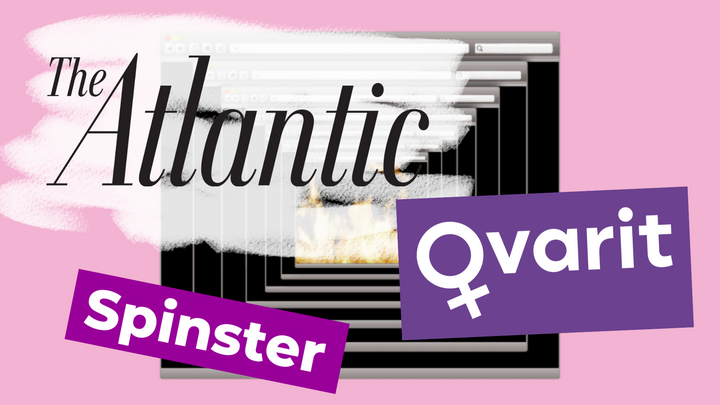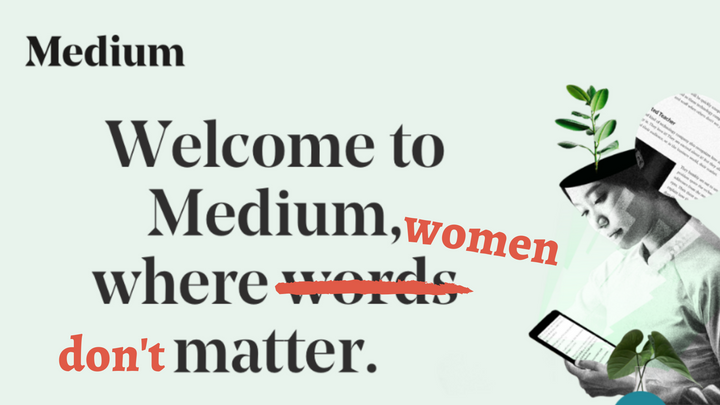Sexist Halloween Costumes Show Us Just How Far We Haven’t Come
I’m getting particularly tired of pumpkin-spice flavored sexism.

This should be old news by October of 2019, but here I am writing about it anyway. Halloween costumes are sexist, yeah yeah, we get it. This topic has been done to death only to return as a ghost haunt us for a bit and then be killed again.
We all know the deal: men and boys get superhero suits and appropriate cover on their extremities for a chilly October evening out. Women and girls get to be Sexy [fill-in-the-blank]. Sexy librarian. Sexy witch. Sexy cat. If you’re lucky, you get sexism and racism: Sexy Pocahontas. If it’s not “sexy,” it’s “princess.” All of which, of course, will leave you freezing the entire night if you find yourself anywhere north of the Mason-Dixon line.
Toddlers as young as three, who arguably have no reason to have sex-segregated costumes since they have yet to reach puberty, get to join in on all the sexist fun. At this point, the sexism seems to be as ingrained a Halloween tradition as jack-o-lanterns and checking your kid’s candy for razor blades.
Now don’t get me wrong. I love Halloween.
As an October baby, Fall has always been my favorite time of year — with Halloween as autumn’s crowning glory. The pumpkins, the crisp fall spell, the spooky magic (normally off-limits to a good Christian girl), and yes, even the costumes, all spark joy for me. It is truly my favorite time of year.
But feminism is an insidious kill-joy, out to destroy everything you love.
Walking through a Party City, Spirit Halloween, or any number of spooky strip-mall seasonal popups has become an exercise in self-control.
Upon seeing a “Rivetting Rosie” set at my local costume shop, I finally snapped.
“This is what I'm talking about!” I gestured at the offending custom a little more wildly than necessary, “Like, are you fucking kidding me? It’s 2019!”
The parents shopping behind me for Sexy S.W.A.T. costumes quickly directed their children away from the crazy feminist, rolling their eyes and whispering. God forbid little Susie hear a curse-word while her parents shop amongst outfits that could qualify as softcore porn.
What strikes me most about the sexism of Halloween costumes is not how bad it is, but how far we haven’t come.
Despite the fact that this topic is dissected to death every October, the costumes on display don’t seem to have changed at all. When living in a liberal circle in which buying a pre-made costume would be gauche anyways (“My costume is handmade out of organic upcycled compost!”), it can be easy to forget how little mainstream culture has actually shifted in response to criticism. Halloween, a generally secular holiday celebrated by most Americans, can serve as a measuring stick for the public reaction to feminist critique.
So far, it seems progress is slim.
In 2018, two years after the start of the #MeToo movement, Harvard Business Review published a survey which reported that while women were facing less sexual harassment at work, they were facing increased “gender harassment.” Gender harassment includes sexist comments and hostile attitudes towards women. 92% of women in 2018 reported experiencing these behaviors.
Despite the massive protests of the Women’s March in 2017 following the Presidential election of an admitted sexual-assaulter, Brett Kavanaugh (an alleged rapist) was still sworn onto the Supreme Court a year later.
Time and time again we see that pubic outcry on women’s issues does little to actually lead to change. This is not a criticism of those making the outcry — it’s a criticism of a society that largely ignores women’s voices, opinions, and pain. Outcry is just the start, and long-term change usually comes in the form of legislation or case-law which helps move culture in the right direction. Activism often pushes for these changes to occur.
As Harriet Harman wrote in The Guardian in 2018, “Women have changed the mood. Now we need to change policy.”
Societal patterns that are unlikely to be legislated against, like Halloween costumes, can help us understand how far society has really come in addressing a culture of misogyny.
Sexist Halloween costumes are a result of the same attitudes about women that create people like Harvey Weinstein and Brett Kavanaugh. The underlying belief is that women are sexual objects to be consumed by men and that men are entitled to this consumption. It is unlikely that we’ll see changes in these more “trivial” areas of life until the wider culture changes.
Until then, Halloween costumes can remind us just how far we haven’t come. For a Halloween-loving feminist like me, being doomed to watch this unfold year after year is the real Nightmare Before Christmas.
The generous support of our readers allows 4W to pay our all-female staff and over 50 writers across the globe for original articles and reporting you can’t find anywhere else. Like our work? Become a monthly donor!
Enter your email below to sign in or become a 4W member and join the conversation.
(Already did this? Try refreshing the page!)





Comments